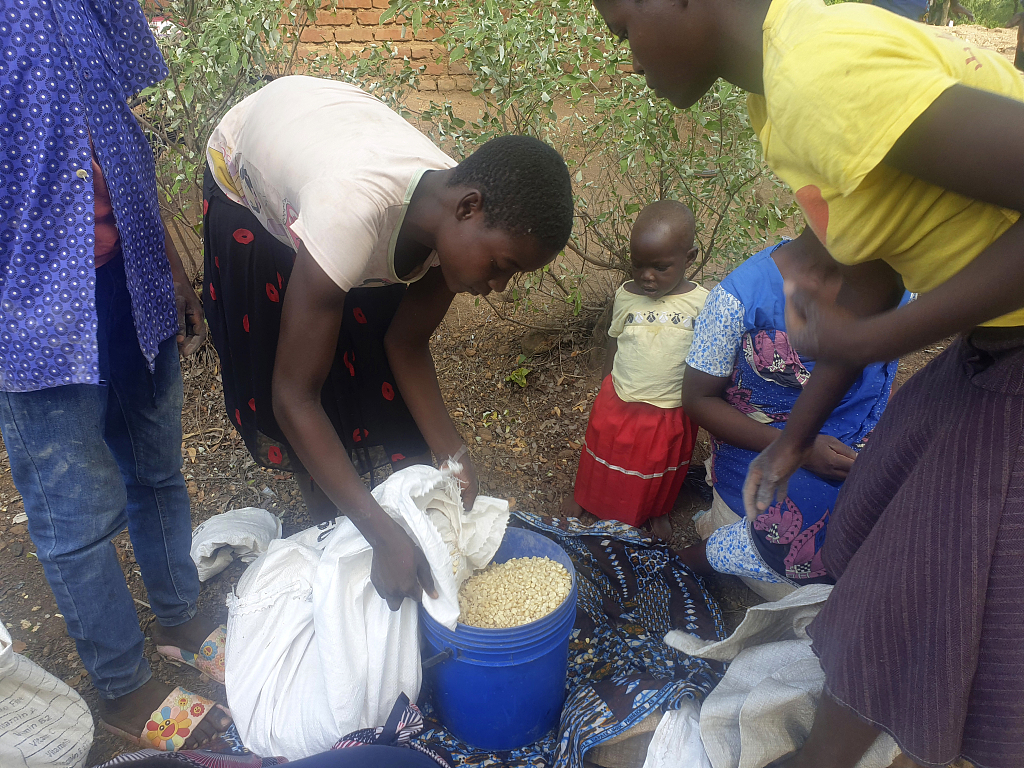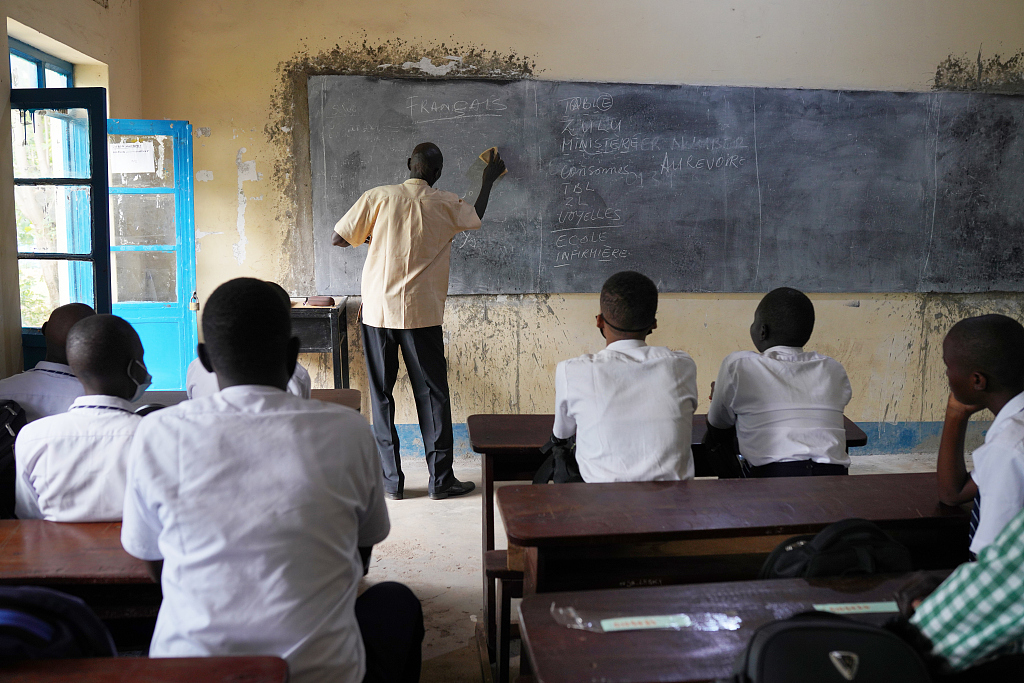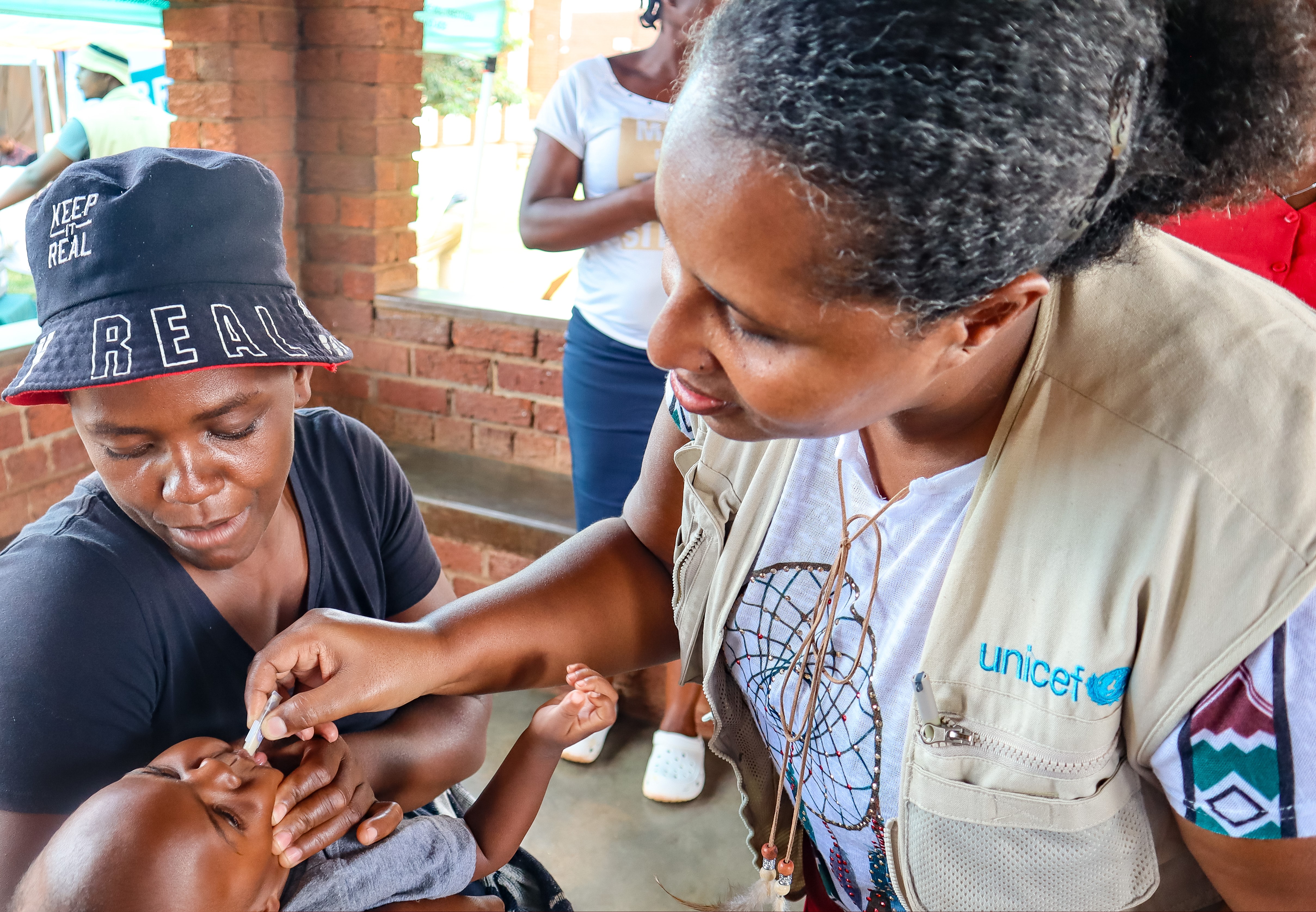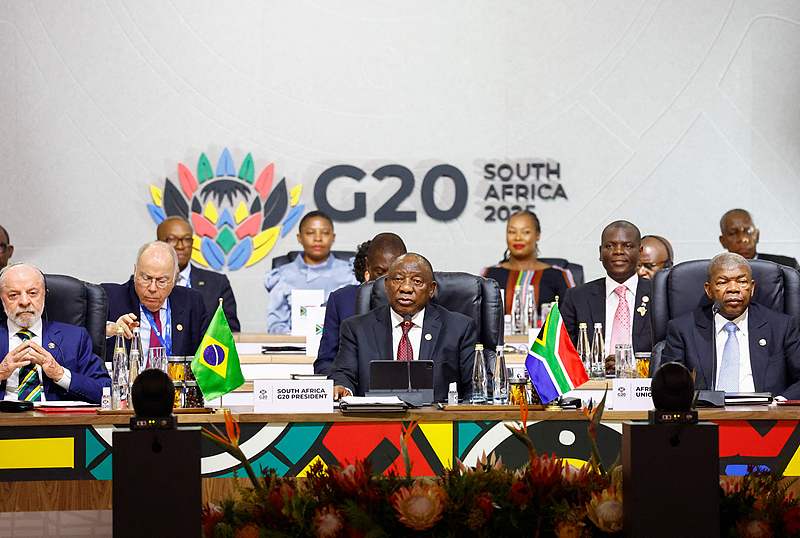
UNICEF calls for solutions to protect children from climate crises in Eastern and Southern Africa
The United Nations International Children’s Emergency Fund (UNICEF) appealed to governments and international partners in Eastern and Southern Africa to take robust measures to protect children from multiple crises exacerbated by climate change.
Several countries in these regions are experiencing humanitarian crises of varying degrees because of the current El Niño weather phenomenon. The World Meteorological Organization classified this El Niño as one of the strongest on record.
At least two countries in the region – Zambia and Malawi – declared states of disaster due to the extreme weather conditions and appealed for humanitarian assistance.

UNICEF says 45 million children at risk
According to UNICEF, about 45 million children in these regions are at risk from multiple and intertwined crises, including cholera outbreaks, malnutrition, drought, and floods.
“The very elements that children need to survive and thrive, including clean water, food, shelter, learning and safety, are being impacted by climate shocks. School closures disrupt education gains that were made,” Eva Kadilli, UNICEF Regional Director for Eastern and Southern Africa, said.
“Communities who depend on agriculture face crop loss, resulting in children becoming malnourished or being forced to work to support income generation. Challenges in accessing clean water expose children to disease, affect livelihoods, and cause forced displacement,” Kadilli added.
UNICEF said acutely malnourished children need to get treatment services, and children in all affected areas need to get access to prevention interventions. Some of these interventions include nutrient-dense food and micronutrient supplements, counseling, and cash transfers. It also wants investment in “shock responsive education systems” to ensure the continuity of learning, during and after these crises, and that all children get access to such services.

UNICEF conceded that extreme weather is expected to be the norm in these regions in the coming years, and responses to climate crises must be scaled up. But the UN agency also stressed that decisive action must be taken to limit global warming.
“We continue our call to partners to prioritize investment in climate adaptation and mitigation, as well as in systems capable of withstanding the intensifying shocks brought on by climate change,” Kadilli said. “Without sustainable responses, the future of children hangs in the balance.”






